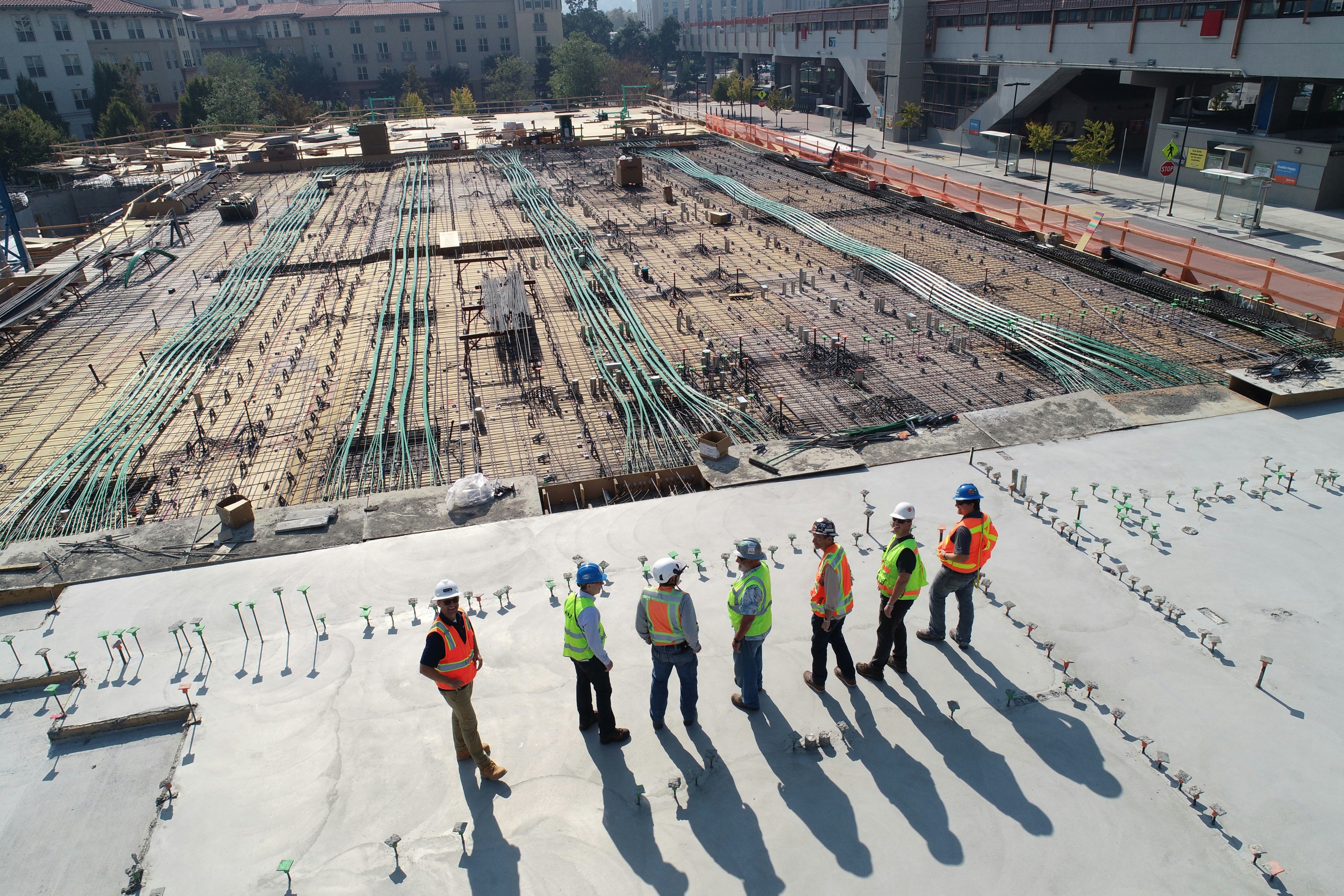How Construction Fleet Management Software Transforms Operations

Construction fleet management software has revolutionized the way construction companies operate by streamlining processes, enhancing efficiency, and improving overall productivity. In an industry where time is money and resources are often stretched thin, the implementation of advanced technology solutions like fleet management software, including Construction Equipment Management Software, Construction Equipment Maintenance Software, and Construction Equipment Asset Tracking Software, has become imperative for staying competitive. This article explores how construction fleet management software transforms operations, from overcoming traditional challenges to reaping the benefits of optimized fleet management.
Challenges in Traditional Fleet Management Methods
Traditional methods of fleet management in the construction industry pose several challenges that hinder efficiency and profitability. One of the primary issues is the lack of real-time visibility into the location and status of equipment and vehicles. Without accurate information, companies struggle to make informed decisions regarding resource allocation, leading to delays and inefficiencies.
Additionally, manual scheduling and dispatching processes are prone to errors and delays, further exacerbating operational challenges. Maintenance of vehicles and equipment is another area of concern, as breakdowns and unexpected repairs can disrupt project timelines and incur additional costs.
Features of Construction Fleet Management Software
Construction fleet management software addresses these challenges by offering a comprehensive suite of features designed to streamline operations and optimize resource utilization. One of the key features is real-time GPS tracking, which provides construction companies with instant visibility into the location and movement of their assets.
Automated scheduling and dispatching capabilities ensure that resources are allocated efficiently, reducing downtime and maximizing productivity. Maintenance scheduling and alerts help companies stay ahead of potential issues by proactively scheduling maintenance tasks and notifying users of any impending maintenance needs.
Integration with other construction management systems, such as project management software and accounting software, allows for seamless data exchange and improved collaboration across departments.
Benefits of Implementing Construction Fleet Management Software
The implementation of construction fleet management software offers numerous benefits to construction companies, including:
- Improved productivity and efficiency: By optimizing resource allocation and streamlining processes, fleet management software helps construction companies complete projects more quickly and cost-effectively.
- Cost savings: Reduced fuel consumption, lower maintenance costs, and decreased downtime result in significant cost savings for construction companies.
- Enhanced safety: Real-time monitoring of vehicles and equipment enables companies to identify and address safety issues proactively, reducing the risk of accidents and injuries.
- Better decision-making: Access to real-time data and analytics enables construction companies to make more informed decisions regarding resource allocation, project scheduling, and fleet maintenance.
Implementation Process and Best Practices
The successful implementation of construction fleet management software requires careful planning, employee training, and ongoing monitoring and optimization. Companies should invest time and resources in the planning phase to ensure that the software meets their specific needs and requirements.
Training employees on how to use the software effectively is critical for maximizing its benefits and ensuring a smooth transition. Ongoing monitoring and optimization help companies identify areas for improvement and make adjustments as needed to optimize usage and performance.
Future Trends in Construction Fleet Management Software
The future of construction fleet management software is exciting, with several emerging trends poised to further transform operations:
- Predictive maintenance: Advanced analytics and machine learning algorithms enable companies to predict equipment failures and schedule maintenance proactively, minimizing downtime and reducing costs.
- Artificial intelligence and machine learning: AI-powered algorithms can analyze vast amounts of data to identify patterns and trends, helping companies make more informed decisions and optimize resource allocation.
- Integration with autonomous vehicles: The rise of autonomous vehicles presents new opportunities for construction fleet management software to optimize operations and improve efficiency.
Conclusion
Construction fleet management software plays a crucial role in transforming operations for construction companies, offering a wide range of benefits, from improved productivity and efficiency to enhanced safety and cost savings. By embracing technology and investing in advanced software solutions, construction companies can stay ahead of the competition and achieve greater success in a rapidly evolving industry.



